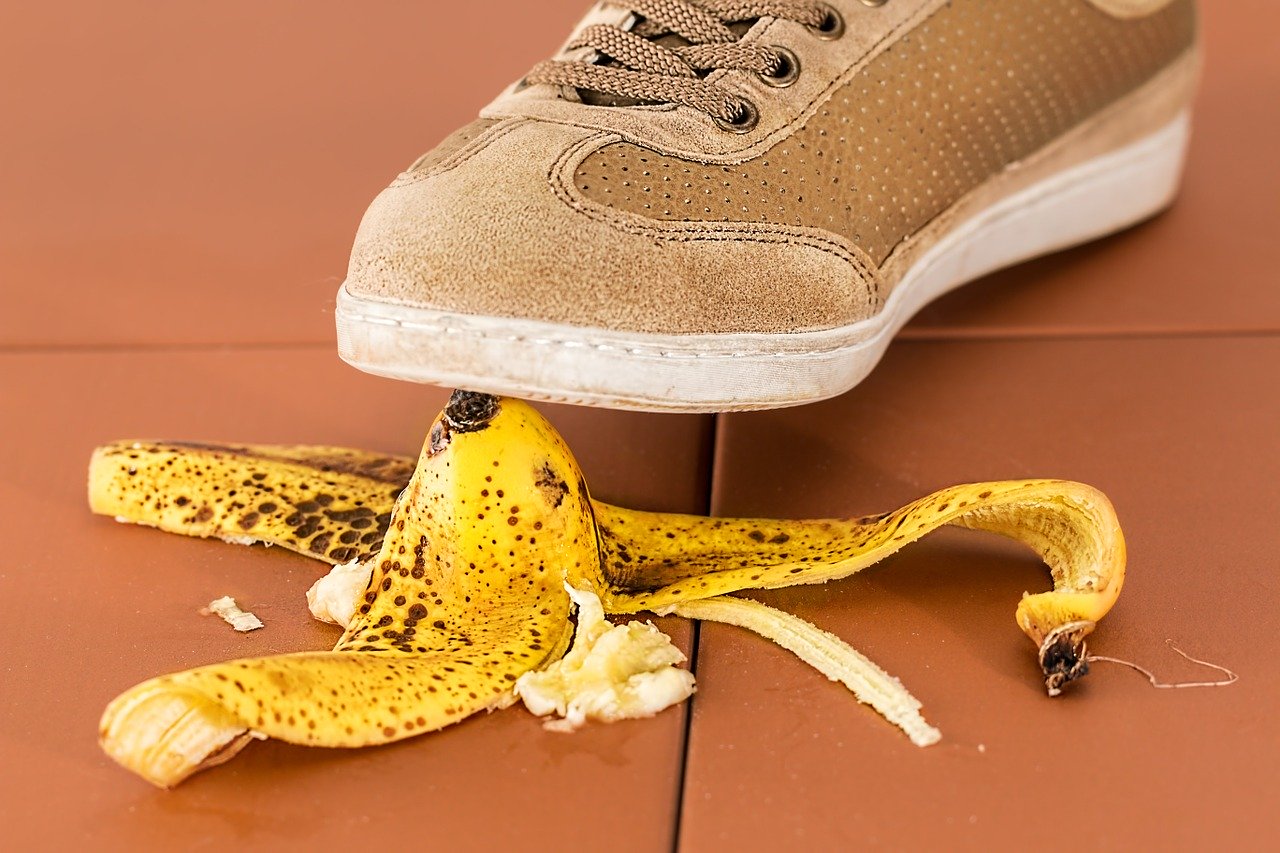How the hour immediately after a workplace accident is crucial
Whether you employ staff, engage associates or have clients visit your premises, there’s always a risk of an accident. As a small business, the last thing you’ll need is someone taking you to court, seeking compensation. If an incident does occur, the first hour can be crucial. But what steps should you take in the ‘Golden Hour’ as it’s sometimes referred to? Helen Fagg, Claims Manager from insurance company Markel explains.
When an accident occurs, as a business owner, you have a number of priorities:
- Care for the injured party
- Secure the scene
- Gather the facts
- Check and update your risk management records
The injured party
Ensuring the injured party is comfortable and has the care they need is a priority. If in doubt, call an ambulance and let the professionals take over. Make sure the person is as comfortable as possible and their privacy is maintained if, for example, they have fallen to the ground and can’t immediately move.
Secure the scene
You don’t want the same thing that caused an accident to harm someone else, so make sure you check the scene for anything that might be hazardous such as a water spill, an exposed cable or a dislodged carpet tile. Put the issue right or cordon the area off and arrange for the problem to be fixed properly.
If the injury has been caused by a piece of equipment, isolate and turn off the power, and have the item inspected by a professional at the earliest opportunity. Obtain an inspection report or witness statement following the inspection and don’t put the equipment back into use until it is safe to do so.
Gather the facts
In some instances, personal injury claims are not what they seem and, what you do in the immediate aftermath of an incident can determine whether or not you are able defend the case. Take robust actions and you’ll often put off solicitors who know they will have less chance of winning. But do nothing and your position will be weakened in a court of law.
Take four immediate actions:
- Investigation report
- photographs
- Statements
- CCTV
Take pictures – evidence is important to ensure there is an accurate record of events. Pictures can be crucial to defending a case at a later date, especially in cases where the reasons for the accident have been exaggerated or, worse, are fraudulent.
Take witness statements – shortly after the incident so that recollections are fresh in the mind. Leave it too long and statements are less likely to contain sufficient information to support a defence. Remember that the causes of an accident are not black and white – demonstrate reasonable care and you’re on safer ground. For example, if a visitor slips on a spillage then a witness may be able to confirm that no hazard was present shortly before it took place. This presents evidence that the hazard did not remain on the ground for an unreasonable period of time – and if you don’t have a documented inspection regime in place, the witness evidence would be vital when presenting a defence to such a claim.
Check CCTV – CCTV can hold vital clues to any accident and support your case. If you don’t have CCTV installed a third party may do, so check to see if anything is available.
Risk Assessments– even basic risk management procedures can help you defend yourself in the event of court action, so check what you have in place and whether it relates to the incident in question.
Complete a record of the accident
Once the facts are collected, document a comprehensive record of the accident, including relevant facts such as date, time, location and names of the parties involved. Add a conclusion and reason for the accident taking place, which can be completed once all the facts have been established. Without such a record it is almost impossible to defend any allegations made against your organisation.
In conclusion
Accidents do happen, no matter how small your business. For many SMEs, thinking about how to reduce risk can be a real challenge, but court action can come as a real shock, and potentially affect the viability of your business. When an incident occurs, the first hour is crucial. Care for the injured party, secure the scene, gather the facts, and check your risk management procedures in the days following. And in doing so, you’ll have taken the necessary steps to protect your employees, visitors and business.
About the author:
Helen Fagg joined Markel in June 2017 after more than 20 years working in insurance law, and since 2008 as a partner at one of Markel’s panel law firms. Helen is a solicitor and has always specialised in insurance claims. As well as handling claims across all Markel’s classes of business, Helen oversees the smooth running of the claims team and provides strategic input on significant, high profile and complex claims.
Markel is a specialist insurer for small business, providing access to legal and tax helplines as part of a comprehensive insurance cover.

